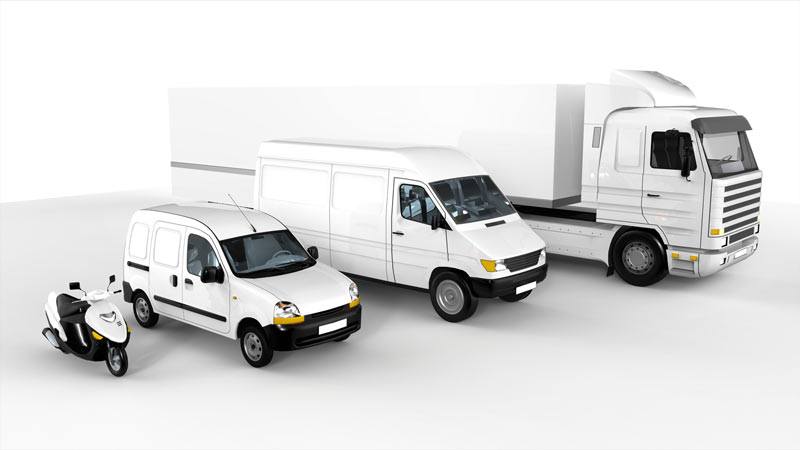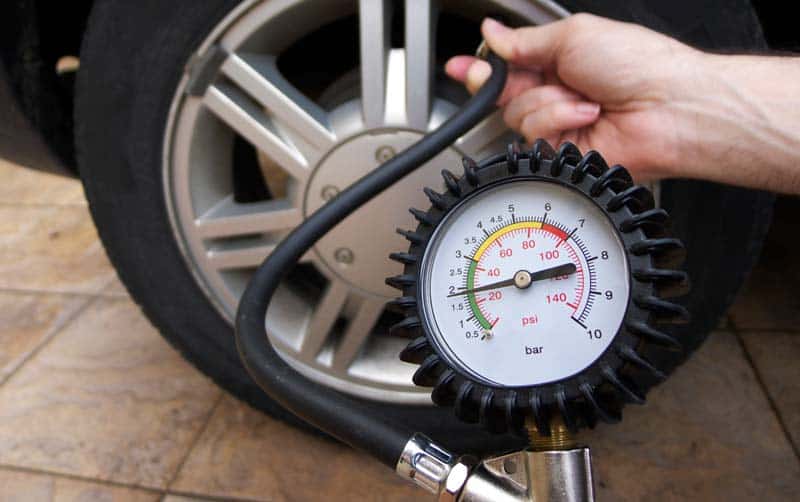
One of the biggest concerns and focuses for fleet managers today is how to reduce their fuel costs. It’s one of the largest areas of spend and many struggle to get a handle on it. With so many internal and external factors influencing fuel costs, it can sometimes seem difficult to know where to begin. This post will hopefully provide you with a great starting point.
It probably comes as no surprise to you, that a recent survey of fleet managers carried out by Barclaycard Fuel+ and The Miles Consultancy (TMC), found that 1 in 3 fleet managers are struggling to reduce costs. But it doesn’t have to be complicated. Some of the smallest changes can have big results. And here are 7 things you can start looking at right now to tackle it.

Efficiently planning your route is the first step in minimising fuel wastage. Ensure your drivers are taking the most efficient routes, not the most scenic routes!
If you are running a fleet of delivery vehicles, route planning will save time, mileage and fuel. Good route planning maps the most efficient routes to minimise unnecessary mileage and backtracking.
It also plans around known congested areas, taking into account time of day, and tries to avoid routes that will require a lot of stopping and starting. Using route planning GPS software can aid the planning, efficiency and monitoring of routing plans.
But, you don’t have to be a delivery company to benefit from good planning. What if you’re the manager of a fleet of company cars? You can still benefit.
Is there double up with multiple staff members attending the same site in multiple cars? Can you do something to encourage car sharing or introduce pool cars instead of individual company cars?

Is your choice of fleet vehicles fit for purpose? Could your day-to-day operations be accomplished using smaller vehicles?
There are huge savings to be made by changing over to smaller and more fuel efficient vehicles. In fact, Z-Tech went through a process where they downsized as many of their vehicles as possible from Ford Transit to Fiesta fans. For each vehicle downsized they saw a saving of 22% in fuel costs.
The heavier the vehicle, the higher the fuel consumption. It’s estimated that for every 100 pounds of unnecessary weight you remove from a vehicle, you can improve your fuel efficiency by as much as 2%.
Try and encourage drivers and sales reps to reduce the number of unnecessary or personal items in vehicles. And, ensure when planning delivery routes that you are going to the closest deliveries first so you're reducing driving time with full loads - lightening the vehicle as you go.
Ensuring your vehicles are properly serviced and maintained will not only prolong the life of your vehicles but it will also ensure that they are operating as fuel efficiently as possible.
Ensure oil changes, filter checks and tunings are carried out on schedule and any issues with a vehicle’s performance are investigated and rectified quickly.
One of the most basic vehicle checks can have the biggest impact on savings – your tyres.
The resistance or ‘drag’ tyres create has a direct impact on how heavy your fuel consumption is and greater energy is required for rolling when your tyre pressure is too low.
In fact, it’s estimated that a tyre which is underinflated by 15 psi can cause a 6% increase in fuel consumption. Ensure that tyre pressure checks are built into your drivers’ processes.

When a vehicle is idling you are getting ZERO miles per gallon. It takes a minimal amount of fuel to start a vehicle, so if you’re vehicle is still for any length of time you should switch off your engine.
Having vehicles running while you're loading them up or dropping off a delivery consumes huge amounts of fuel. In fact, SGN found that across their 2,700 vehicles, they were wasting 13,000 litres of fuel in one month alone as a result of idling.

Aside from idling, other driver behaviours can have a big impact on fuel efficiency – from reducing speed, to smooth acceleration to their use of air conditioning. Reducing their speed and sticking to the speed limits can save considerable amounts of fuel – for example, it’s estimated travelling at 60mph instead of 70 mph can save 13.5% in fuel.
Smooth acceleration where the revs are kept low, better anticipation of road conditions to avoid unnecessary decelerations and re-acceleration, and less use of air conditioning when driving at lower speeds can all help save fuel. Consider giving your drivers additional training and incentives to become more fuel efficient.
A survey in 2013 by ALD Automotive they found that 7 out of 10 drivers felt they could reduce their fuel consumption if they were given an incentive to. And 2 out of 3 of these drivers felt this saving could be as much as 5-10%.

It may sound like pretty basic advice, but the final and most important thing you can do to reduce your fuel bill, is to track and monitor it properly.
By investing in a fuel management system, you’ll give yourself the tools to be able to track and analyse your fuel costs and see the impact these different measures are having. You can run tests and focus on rolling out the changes that will net the biggest savings on your fuel bills.
And more than that, a good fuel management solution, will allow you identify and protect yourself from unauthorised refuelling, allowing you to reduce your risk of fuel fraud and eliminate the practice of refuelling personal vehicles.
When you look at the different measures that can have a serious impact on reducing your fuel bill, another reason why some fleet managers struggle becomes apparent. It’s because all the factors that influence your fuel consumption are outside any one person’s control.
But if you tackle your fuel consumption as a team, the results can be fast and savings considerable. Why not consider setting up a small team internally, representing the different stakeholders that have the power to influence your fuel economy?